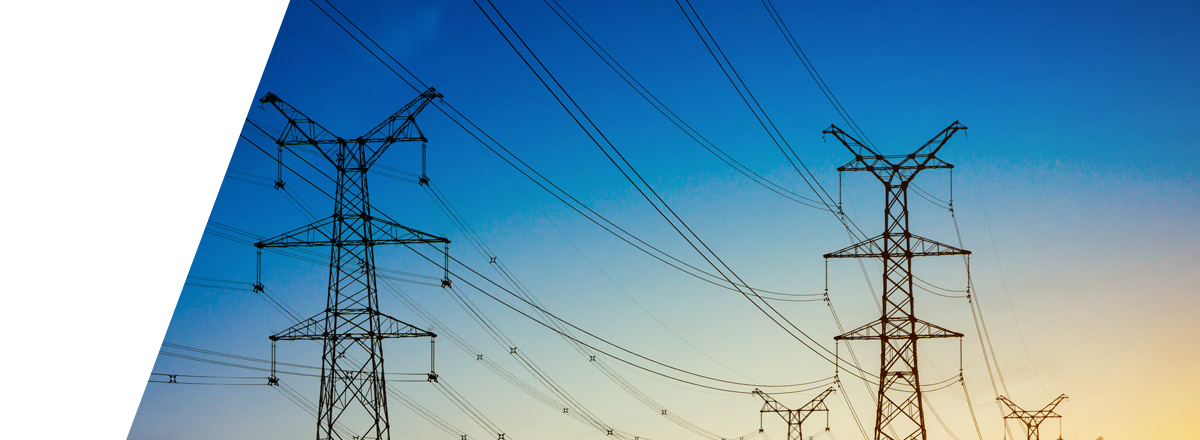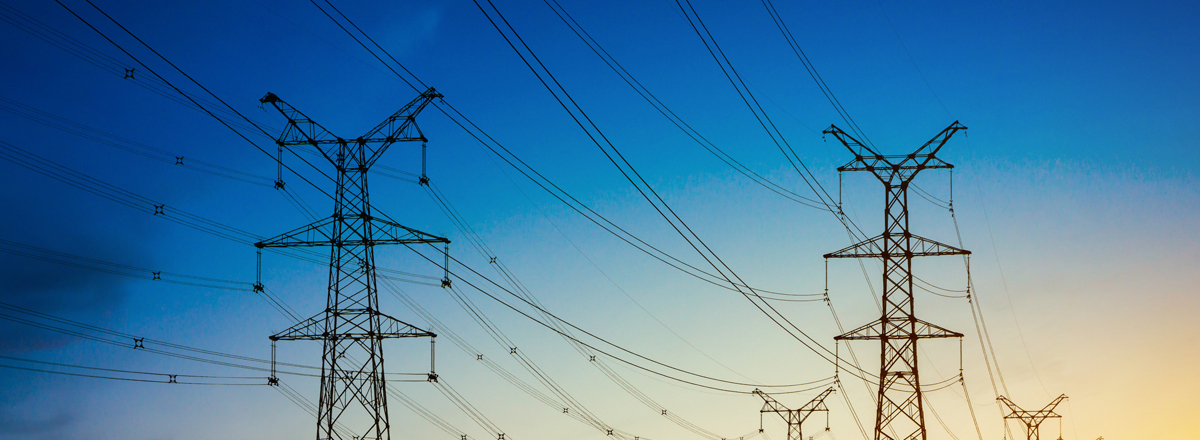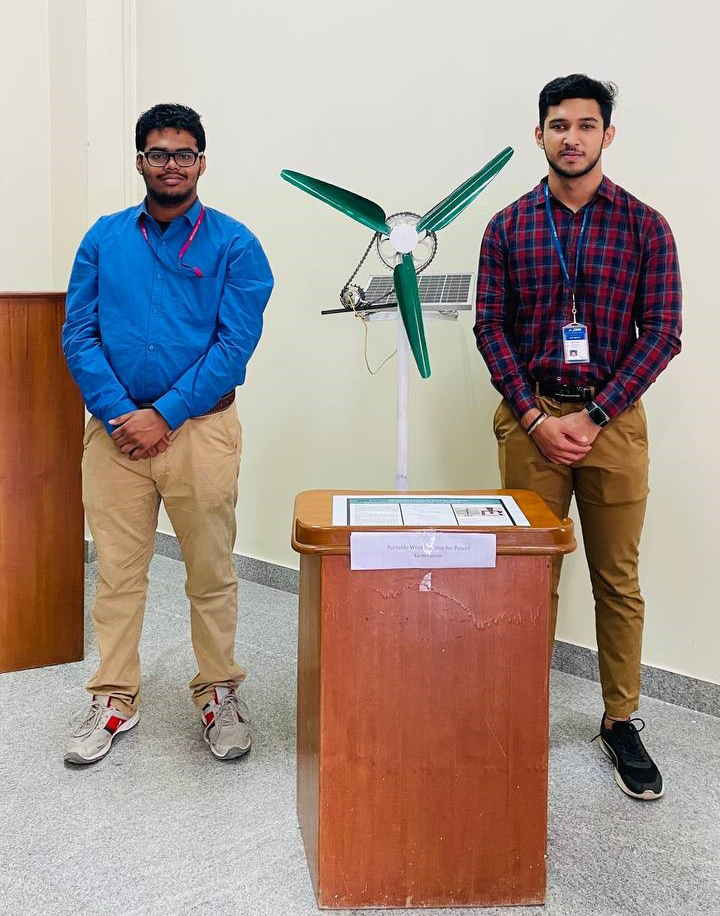E&E Engineering




Energy is one of the crucial resouces for any business. Rising energy costs, increasing demand Volatile energy markets and strict enforcement of government policies are some of the propelling factors that have led many organisations to find smart ways for monitoing, controlling and saving energy,. Monitoring energy ysage across your whole organization is a daunting task and oftern ends up in silos of data. In today’s connected world the energy future will be inexorably linked to internet of things (IoT). The need of the hour is an intelligent energy management system (EMS) that can contribute towards cutting the costs, improving efficiency and meeting your energy demands.
IoT based Energy Management offers several benefits in handling the smart grids, effective power conservation increased security and enhanced efficiency. IoT found its appplications in Smart Metering, Montoring power usage and in demand forecasting helps in narrowing the energy spending.
SIEMENS certified course specialized courses related to Electrical Enginering.
Knowledge on the innovative techniques of renewable energy generation, hybrid energy techniques including solar and wind energy, energy management.
Experience in applying Machine Learning (ML) techniques to energy industry.
Opportunities in sustainable and renewable energy development, energy management and auditing, block chain and supply chain in energy sector.
Certification in Python, Industrial IoT, Machine Learning, Design of solar and Wind power generation models, simulation of hybrid energy.
The need for the competent professional in energy sector with applied modern technologies such as Internet of Things (IoT) increasing rapidly. As IoT offers a wide number of applications in the energy sector, i.e in energy supply, transmission and distribution and demand it can be employed for improving energy efficiency, thereby increasing the share of renewable enrgy and reducing environmental impacts of the energy use. The energy grid is more distributed with thr integration of solar and other technologies, the demand for techies who want to work on IoT projects is ever increasing.

Monitoring and controlling electronic, electrical and mechanical components in homes and buildings is the primary goal of IOT devices. Among the duties of IOT in this field are
The Internet of Things (IoT) connects sensors, actuators, control systems, and machines to optimize production and supply chain networks in manufacturing. Process industries use digital controllers to automate process controls, service information systems, and operator tools to increase productivity and safety. In this domain, IOT tasks include
In terms of energy management, the smart grid is where IOT really shines when it comes to IoT. IOT expands the smart grid's advantages beyond the utility's automation, distribution, and monitoring. The IOT's responsibilities in the electrical energy sector include the following
Pass in PUC/10+2 examination with physics and mathematics as compulsory subjects along with one of the chemistry/computer science /Electronics/ and obtained at least 60% marks (55% in case of candidate belonging to SC/ST category) in the above subjects taken together.